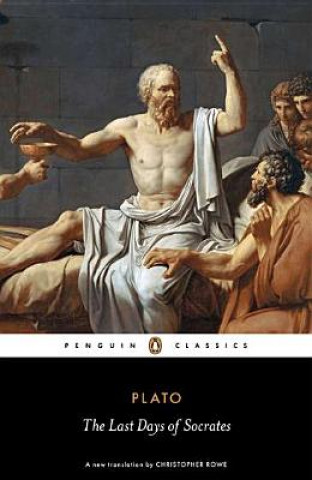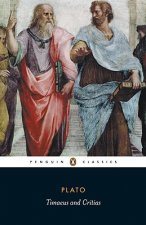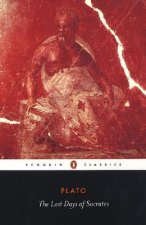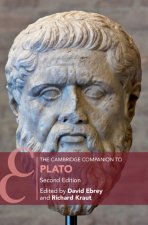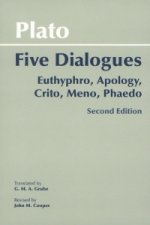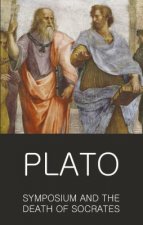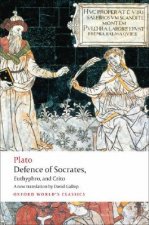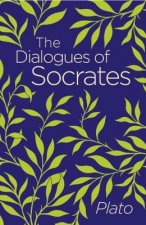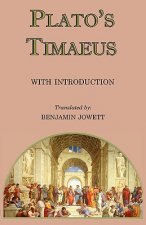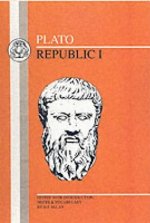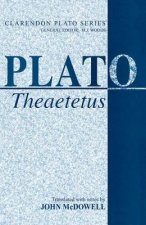
Kézbesítés
Vásárlási tanácsadó





Nem vált be? Semmi gond! Nálunk 30 napon belül visszaküldheti
 Ajándékutalvány
bármilyen értékben
Ajándékutalvány
bármilyen értékben
Ajándékutalvánnyal nem nyúlhat mellé. A megajándékozott az ajándékutalványért bármit választhat kínálatunkból.
Last Days of Socrates
 Angol
Angol
 29 b
29 b
30 nap a termék visszaküldésére
A vásárlók ilyet vásároltak


'Consider just this, and give your minds to this alone: whether or not what I say is just'. Plato's account of Socrates' trial and death (399 BC) is a significant moment in Classical literature and the life of Classical Athens. In these four dialogues, Plato develops the Socratic belief in responsibility for one's self and shows Socrates living and dying under his philosophy. In "Euthyphro", Socrates debates goodness outside the courthouse; "Apology" sees him in court, rebutting all charges of impiety; in "Crito", he refuses an entreaty to escape from prison; and in "Phaedo", Socrates faces his impending death with calmness and skillful discussion of immortality. Christopher Rowe's introduction to his powerful new translation examines the book's themes of identity and confrontation, and explores how its content is less historical fact than a promotion of Plato's Socratic philosophy.
Információ a könyvről
 Angol
Angol
Kategória




 Hogyan vásároljunk
Hogyan vásároljunk















